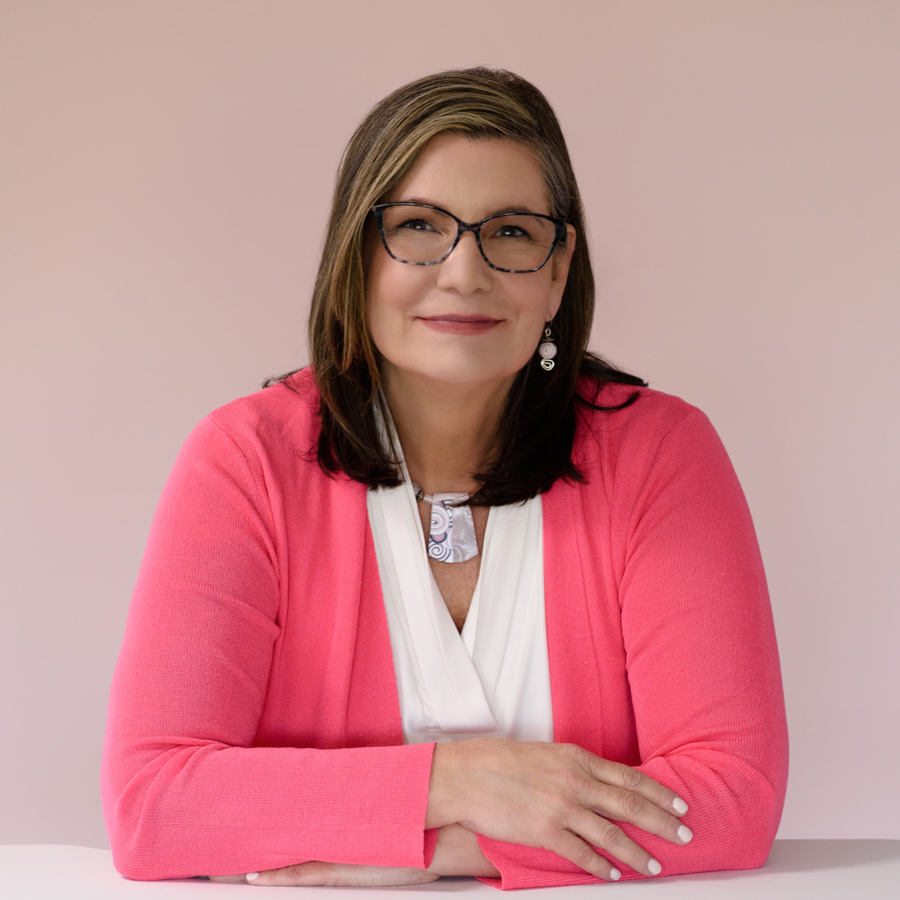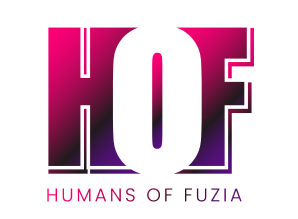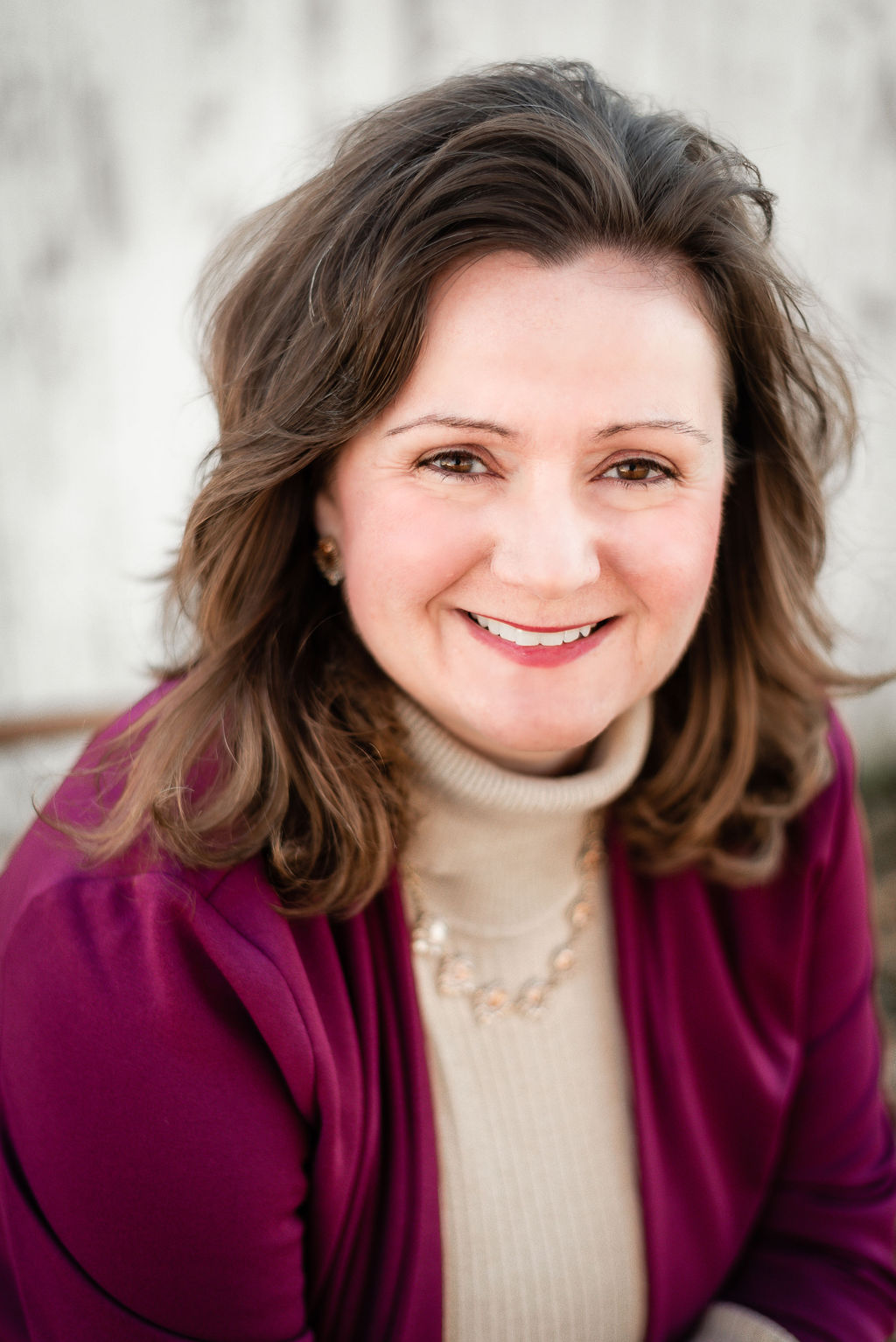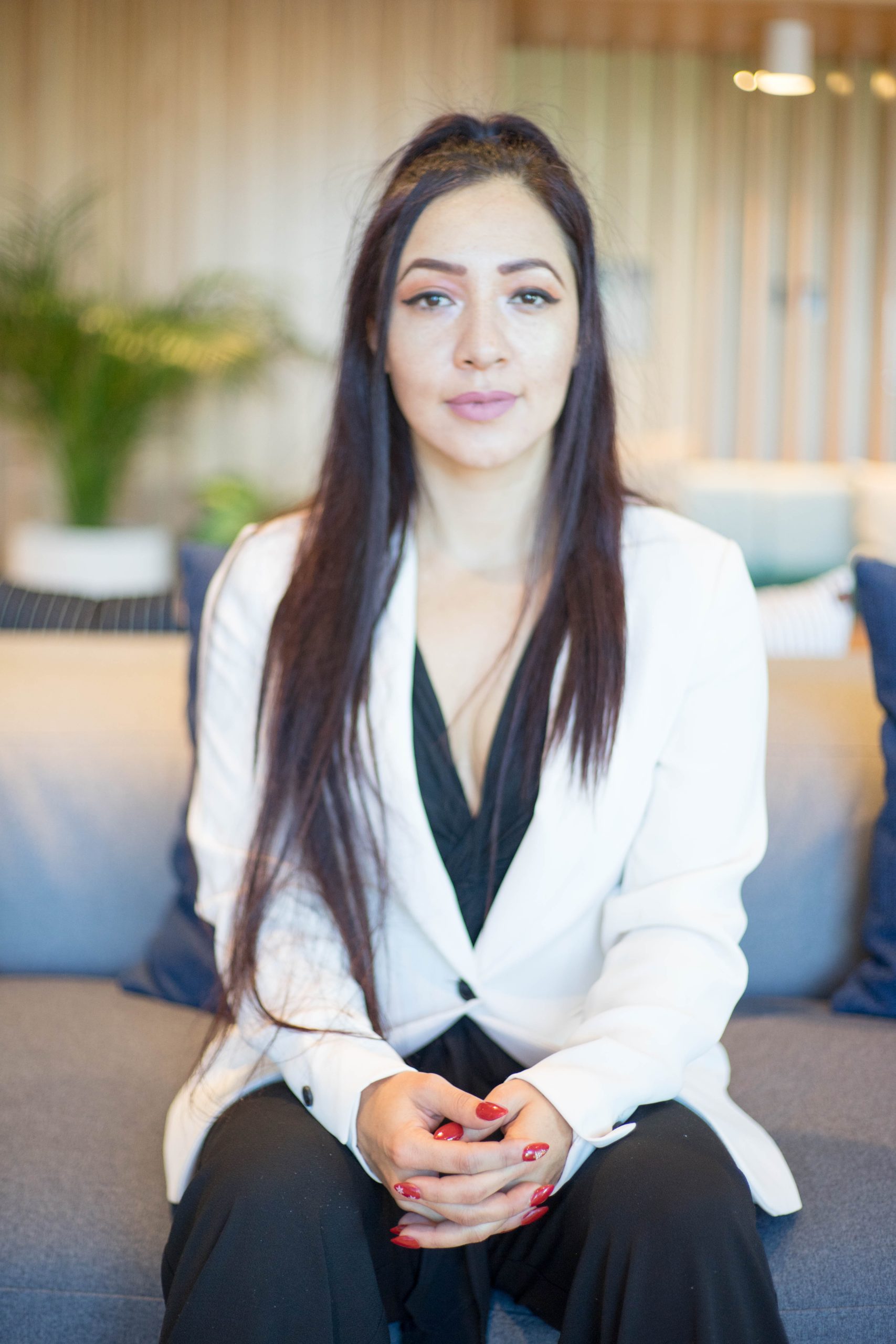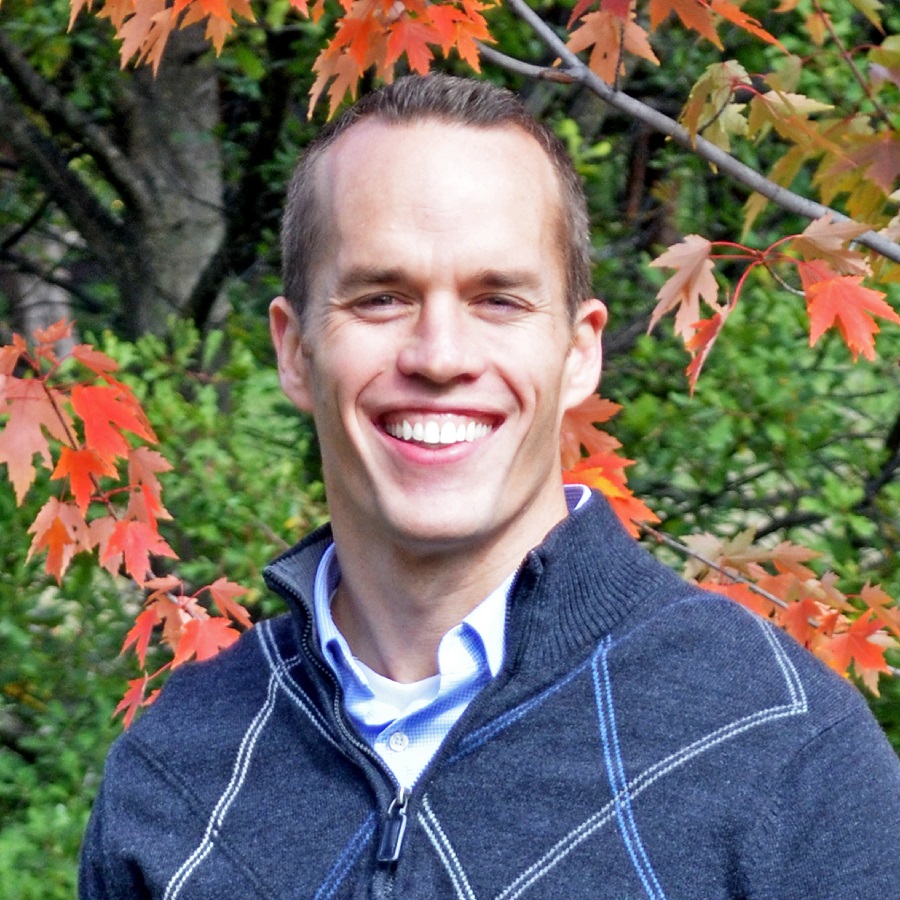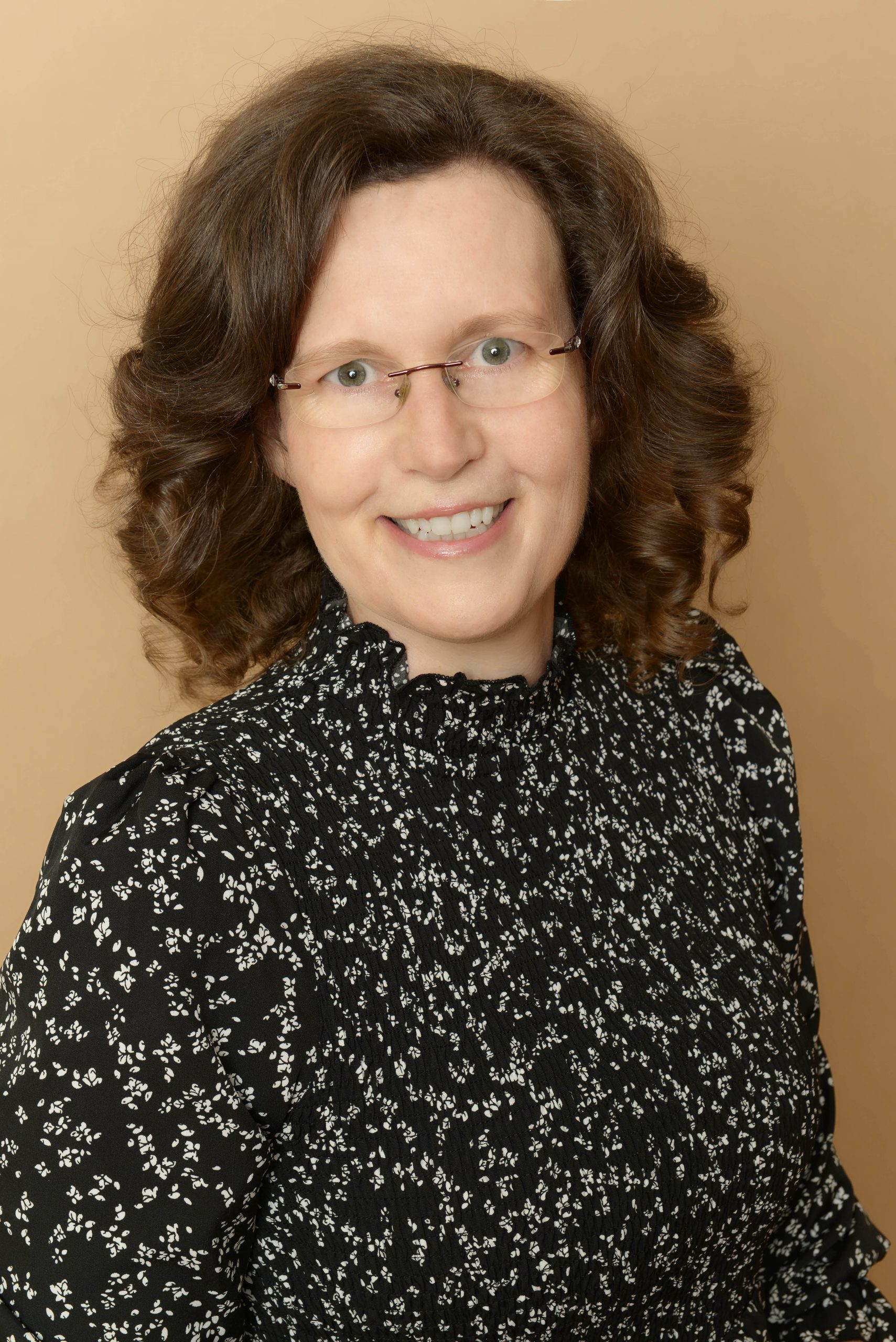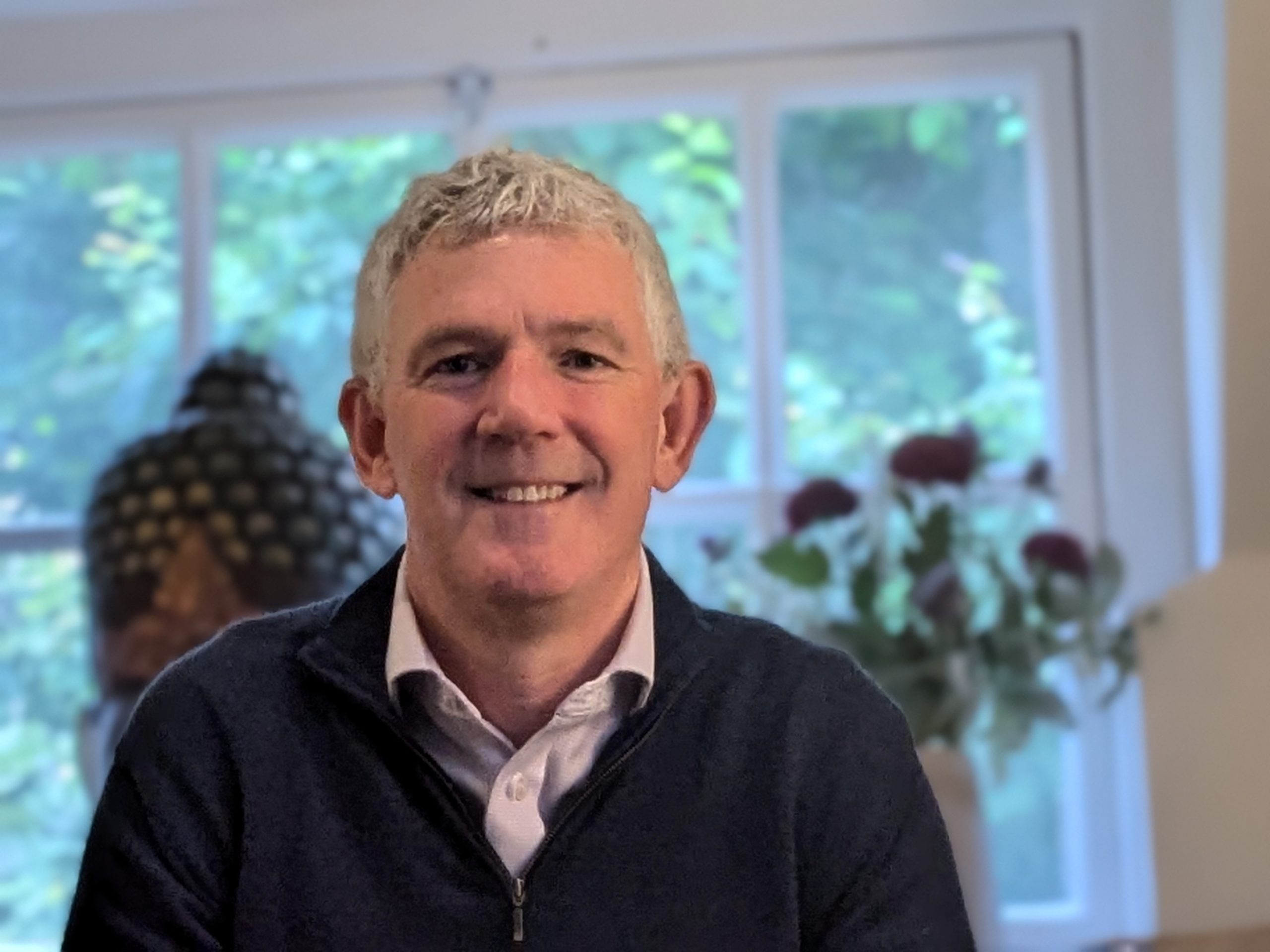Maika Isogawa is the Co-Founder and CEO of Webacy, the protection layer for self-custody. Webacy builds safety and security tools for the blockchain. She studied Symbolic Systems and Computer Science at Stanford University. Previously, she was a lead acrobat for Cirque Du Soleil, and has worked for a number of startups. Most recently, she was a cybersecurity engineer at Microsoft.
What were your initial years of growing up like? Tell us about your life before starting your corporate journey/venture/initiative.
I was born in Tokyo and raised between Japan and the United States. It was a multi-racial, multi-cultural upbringing – which comes with its perks, as well as its challenges! Growing up, I was always drawn to science. I wanted to be an astrophysicist. I worked very hard in school, and also spent quite a bit of time training acrobatics. I was always inspired by my peers that were driven, athletic, and full of life.
I was accepted to Stanford, and moved to California when I was 17. Soon after, I had the opportunity to work for the circus professionally. So I took a leave of absence and traveled the world for 2 years, performing and working. Again, I was inspired by my fellow acrobats and technicians as they demonstrated mastery over their craft day after day.
After returning to Stanford, I completed my degree, specializing in artificial intelligence. Along the way, I worked in research, and for startups, and ultimately took a job at a big corporate company, Microsoft. Soon after, I started my venture.
Tell us something about your organization. What is it about and how is it helpful for people?
Webacy is building a safer web3 for all. The blockchain space is full of hacks, scams, and vulnerabilities. However, blockchain technology has amazing potential to change our systems and improve the way we live our lives. To be able to achieve that potential, it needs to be safer for everyone. That’s what we’re trying to do.
While the global pandemic of COVID-19 is associated primarily with adversities, it has also brought about a true boom in startups, with successful entrepreneurship in many countries. The pandemic has impacted all of us in one way or another. Would you like to share your experience on a personal and professional level?*
I was a university student during the pandemic. It was during my senior year, and we were sent home to finish our final semester. It was an unstable time to be graduating, trying to find a job, and figuring out where my life was headed. At the same time, I found a great job, and had a great time reconnecting with family at home.
The pandemic has shifted the world towards remote work. I believe this actually made it easier for many businesses to start with more flexibility. Webacy, for example, has a fully remote team. We have found members with incredible talent that we may not have been able to meet before. It’s also forced us to be quite creative and rely on various platforms to share our vision and company.
What has been the response of the consumers towards your venture?
We’ve received great feedback so far, and have helped people save / recover hundreds of thousands of dollars worth of crypto assets. Webacy was recognized on the Forbes 30 Under 30 list for 2022, and has been profiled on multiple platforms like Wired, Forbes, and more.
How has your life changed because of your venture?
Being a founder is a very large commitment – many things about my life has changed. For one, I’m constantly surrounded by incredible founders, investors, and builders that are working towards their own dreams. I’m inspired daily. I’m also working all the time, and have to maintain focus and discipline to do everything I can do to make the company succeed.
Would you like to share with our young budding women entrepreneurs the change you would like to see in the world if given an opportunity?
Most obviously – equality. Women are STILL the minority: in tech, in entrepreneurship, in many, many categories of life. I experience it myself. People assume I’m non-technical because of my gender. I’m asked questions that are negative rather than positive regarding the business (studies prove that investors tend to ask women vs men different kinds of questions). I have to work extra hard to be seen, heard, and respected. I believe this needs to change, and it will.
Another thing I’d like to see change is a better distribution of resources. For example, how can one country have so much food waste, while another has trouble feeding its population? Global resources are so incredibly unbalanced – we could see the general state of the world improve with more collaboration and balance.
Give a motivational message for the audience/women who are reading this.
I’m not great at motivational messages – everyone’s life situation and life story is so different and unique, that what works for me may not work for everyone.
Maybe that’s it — your path will always look different than the person next to you. we’re constantly comparing ourselves to others as a benchmark for success or growth, but we can really only measure ourselves against ourselves. That’s where we’ll see where we’re truly growing.
Here’s where you can get in touch with Maika Isogawa and her Initiative.
- Email: https://www.maikaisogawa.com/
- Twitter, Instagram: @maikaisogawa
- LinkedIn: https://www.linkedin.com/in/maikaisogawa/
- Webacy website: https://www.webacy.com/
- Webacy twitter / Instagram: @mywebacy


